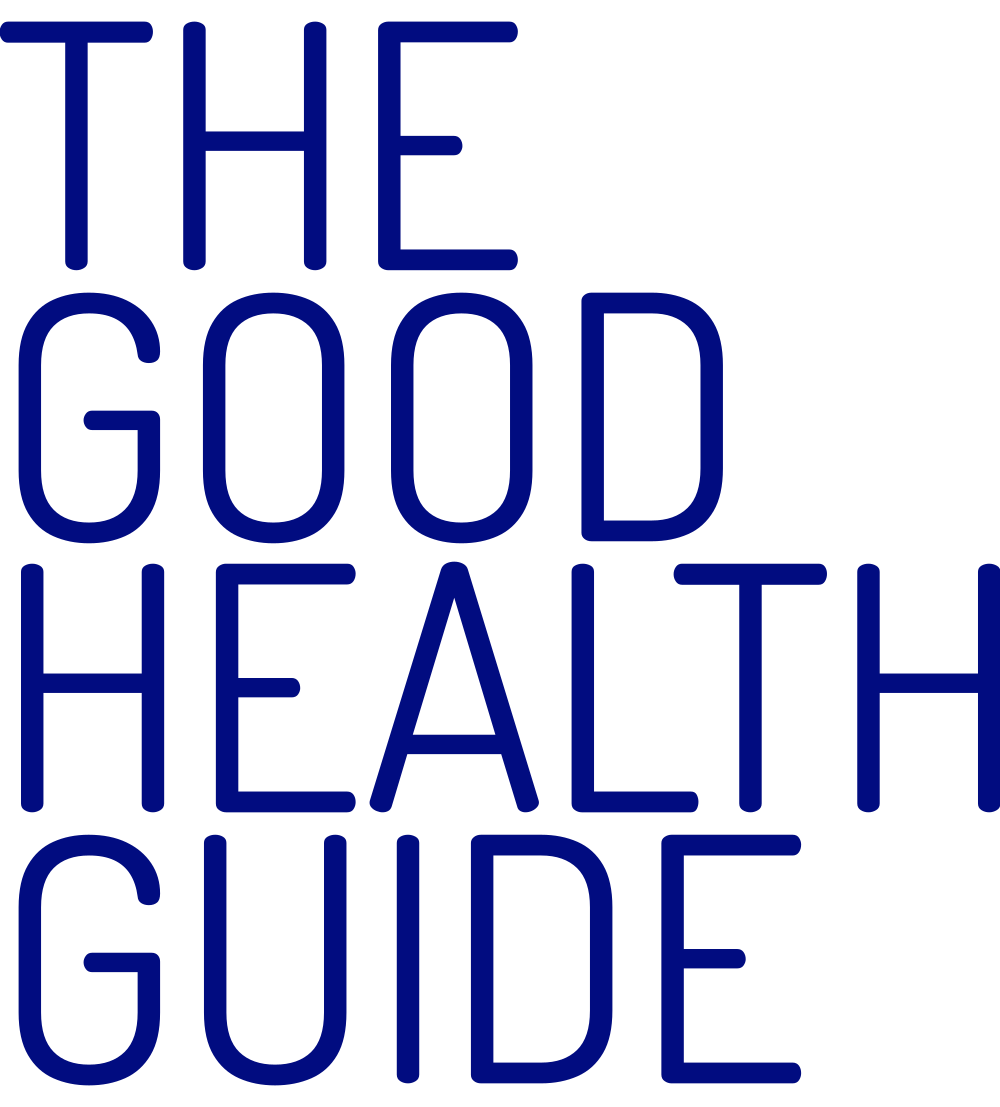7 Powerful Ways to Boost Your Immune System Naturally
Eating a Balanced Diet
Incorporate Immune-Boosting Foods
One of the most effective ways to boost your immune system naturally is by consuming a balanced diet rich in essential nutrients. Foods like fruits, vegetables, nuts, and seeds are packed with vitamins and minerals that support immune health. Citrus fruits, for instance, are high in vitamin C, a crucial nutrient for immune function. Leafy greens like spinach and kale provide a variety of antioxidants and vitamins.
The Role of Probiotics in Immunity
Probiotics, found in yogurt and fermented foods like sauerkraut and kimchi, play a significant role in maintaining a healthy gut, which is closely linked to immune function. A healthy gut microbiome can enhance your body’s ability to fend off infections and diseases.
Hydration and Immune Health
Staying hydrated is essential for overall health and can influence immune function. Water helps to transport nutrients to cells and flush out toxins from the body. Aim to drink at least eight glasses of water a day, and include herbal teas and broths to support hydration.
Regular Exercise
Benefits of Physical Activity
Engaging in regular physical activity can significantly boost your immune system. Exercise promotes good circulation, which allows immune cells to move freely and do their job more efficiently. Activities like walking, jogging, cycling, and yoga can help improve immune function.
Moderation is Key
While regular exercise is beneficial, it’s important to avoid over-exercising, which can lead to increased stress and a weakened immune response. Aim for at least 30 minutes of moderate exercise most days of the week.
Getting Adequate Sleep
The Importance of Sleep
Sleep is vital for maintaining a strong immune system. During sleep, your body repairs and regenerates, producing cytokines that fight infection and inflammation. Lack of sleep can reduce the effectiveness of the immune system, making you more susceptible to illness.
Tips for Better Sleep
To improve sleep quality, establish a regular sleep schedule, create a relaxing bedtime routine, and ensure your sleep environment is comfortable. Avoid caffeine and electronics before bedtime to promote better sleep.
Managing Stress
Stress and Immune Function
Chronic stress can negatively impact your immune system, leading to increased vulnerability to infections. Stress hormones like cortisol can suppress the effectiveness of immune cells.
Effective Stress-Management Techniques
Incorporate stress-reducing activities into your daily routine, such as meditation, deep breathing exercises, and spending time in nature. Practices like mindfulness and yoga can also help manage stress and improve immune function.
Natural Supplements and Herbs
Vitamin and Mineral Supplements
Certain vitamins and minerals, such as vitamin D, zinc, and vitamin C, are known to support immune health. If you’re not getting enough of these nutrients from your diet, consider taking supplements after consulting with a healthcare provider.
Herbal Remedies
Herbs like echinacea, elderberry, and garlic have immune-boosting properties. Echinacea can help reduce the duration of colds, while elderberry has been shown to prevent and ease flu symptoms. Garlic contains compounds that enhance immune cell activity.
Healthy Lifestyle Choices
Avoiding Harmful Habits
To boost your immune system naturally, it’s important to avoid habits that can weaken it. Smoking and excessive alcohol consumption can impair immune function. Reducing or eliminating these habits can have a positive impact on your overall health.
Maintaining a Healthy Weight
Obesity can affect the immune system’s ability to fight off infections. Maintaining a healthy weight through a balanced diet and regular exercise can support immune health.
Staying Hygienic
The Importance of Hygiene
Good hygiene practices can prevent the spread of infections and support your immune system. Regular hand washing, keeping surfaces clean, and practicing good respiratory hygiene can reduce your risk of illness.
Proper Handwashing Techniques
Wash your hands with soap and water for at least 20 seconds, especially before eating, after using the restroom, and after being in public places. Use hand sanitizer when soap and water are not available.
FAQs
How can I boost my immune system naturally?
You can boost your immune system naturally by eating a balanced diet, exercising regularly, getting enough sleep, managing stress, taking natural supplements, avoiding harmful habits, and maintaining good hygiene.
What foods are best for boosting the immune system?
Foods rich in vitamins and minerals, such as citrus fruits, leafy greens, nuts, seeds, yogurt, and fermented foods, are excellent for boosting the immune system.
How does exercise affect immune health?
Regular exercise promotes good circulation, allowing immune cells to move freely and effectively fight off infections. However, it’s important to avoid over-exercising.
Can stress affect my immune system?
Yes, chronic stress can weaken your immune system by increasing stress hormones like cortisol, which suppress immune function. Managing stress through relaxation techniques can improve immune health.
Are there natural supplements that can help improve immunity?
Yes, vitamins such as vitamin D and C, minerals like zinc, and herbs such as echinacea and elderberry can support immune function. Always consult with a healthcare provider before starting any new supplements.
How important is sleep for the immune system?
Sleep is crucial for immune health as it allows your body to repair and regenerate. Lack of sleep can reduce the effectiveness of your immune system, making you more susceptible to illness.
Conclusion
Boosting your immune system naturally involves a holistic approach that includes a balanced diet, regular exercise, adequate sleep, stress management, natural supplements, and good hygiene. By making these simple lifestyle changes, you can strengthen your body’s defenses and improve your overall health. Remember, consistency is key, and integrating these practices into your daily routine can lead to long-term benefits for your immune system.

